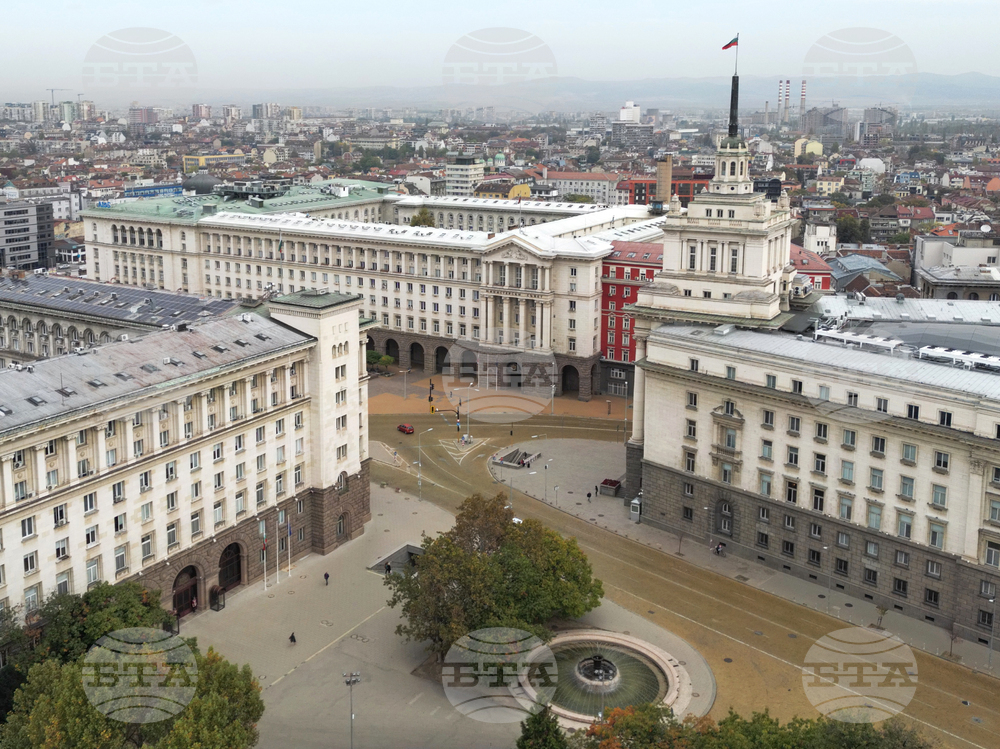BTA Interview
![How the Local Elections Rearranged the Political Chessboard]()
![How the Local Elections Rearranged the Political Chessboard]() BTA Photo
BTA Photo
site.btaHow the Local Elections Rearranged the Political Chessboard


BTA asked Atanas Radev, honorary member of the Political Science Student Club at Sofia University "St. Kliment Ohridski" and Svetlin Tachev, Assistant Professor at the Institute of Philosophy and Sociology at the Bulgarian Academy of Sciences and researcher at Gallup International Balkan for a comment on October’s local elections
/MT/
news.modal.header
news.modal.text